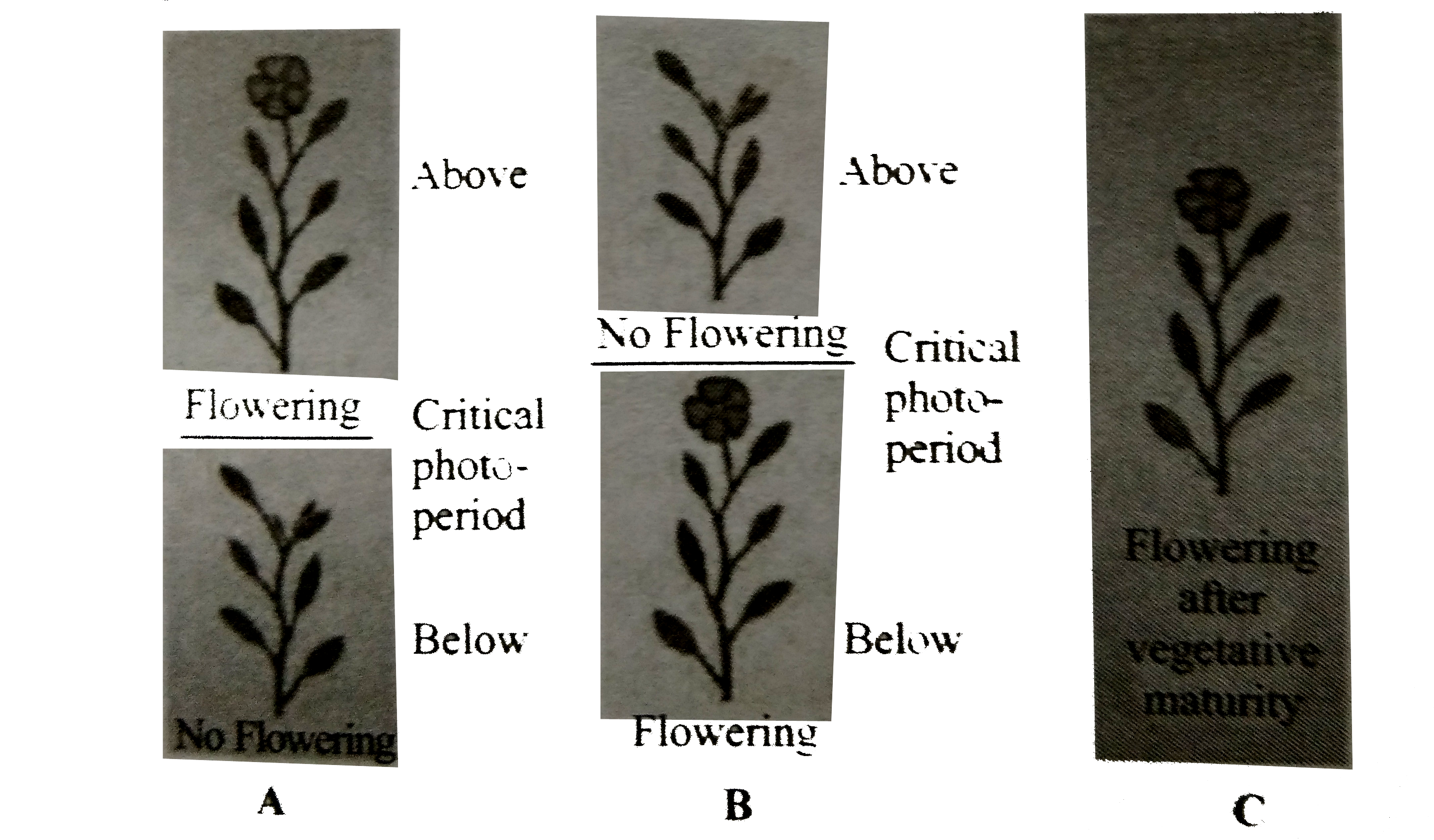Select the correct option regarding collision.
In elastic collision total kinetic energy of system before, during and after is same
For collision, physical bodies is necessary
Coefficient of restitution for a collision cannot be negative
All of these
To solve the question regarding collisions, we need to analyze the provided options and understand the principles of collisions in physics.
Step 1: Understand the Types of Collisions
Collisions can be categorized into two main types:
- Elastic Collision: Both momentum and kinetic energy are conserved.
- Inelastic Collision: Momentum is conserved, but kinetic energy is not conserved.
Step 2: Analyze the Options
1. Option 1: "In elastic collision total kinetic energy of the system before, during, and after is the same."
- This statement is true for elastic collisions. In elastic collisions, the total kinetic energy is conserved.
2. Option 2: "For a collision, the coefficient of restitution cannot be negative."
- This statement is also true. The coefficient of restitution (e) measures the elasticity of a collision and is defined as the ratio of relative speeds after and before the collision. It ranges from 0 (perfectly inelastic) to 1 (perfectly elastic) and cannot be negative.
3. Option 3: "There is no choice for the correct answer."
- This statement implies that none of the previous options are correct, which is false since both options 1 and 2 are correct.
4. Option 4: "There is sub."
- This option seems incomplete or nonsensical, making it irrelevant.
Step 3: Conclusion
Based on the analysis:
- Correct Options: Options 1 and 2 are correct regarding collisions.
Final Answer
The correct options regarding collision are:
- Option 1: True (for elastic collisions)
- Option 2: True (coefficient of restitution cannot be negative)
Collisions can be categorized into two main types:
- Elastic Collision: Both momentum and kinetic energy are conserved.
- Inelastic Collision: Momentum is conserved, but kinetic energy is not conserved.
1. Option 1: "In elastic collision total kinetic energy of the system before, during, and after is the same."
- This statement is true for elastic collisions. In elastic collisions, the total kinetic energy is conserved.
- This statement is also true. The coefficient of restitution (e) measures the elasticity of a collision and is defined as the ratio of relative speeds after and before the collision. It ranges from 0 (perfectly inelastic) to 1 (perfectly elastic) and cannot be negative.
- This statement implies that none of the previous options are correct, which is false since both options 1 and 2 are correct.
- This option seems incomplete or nonsensical, making it irrelevant.
Based on the analysis:
- Correct Options: Options 1 and 2 are correct regarding collisions.
The correct options regarding collision are:
- Option 1: True (for elastic collisions)
- Option 2: True (coefficient of restitution cannot be negative)
Topper's Solved these Questions
Similar Questions
Knowledge Check
The given figure is a schematic break-up of the phases/stages of cell cycle. Select the correct option regarding it.
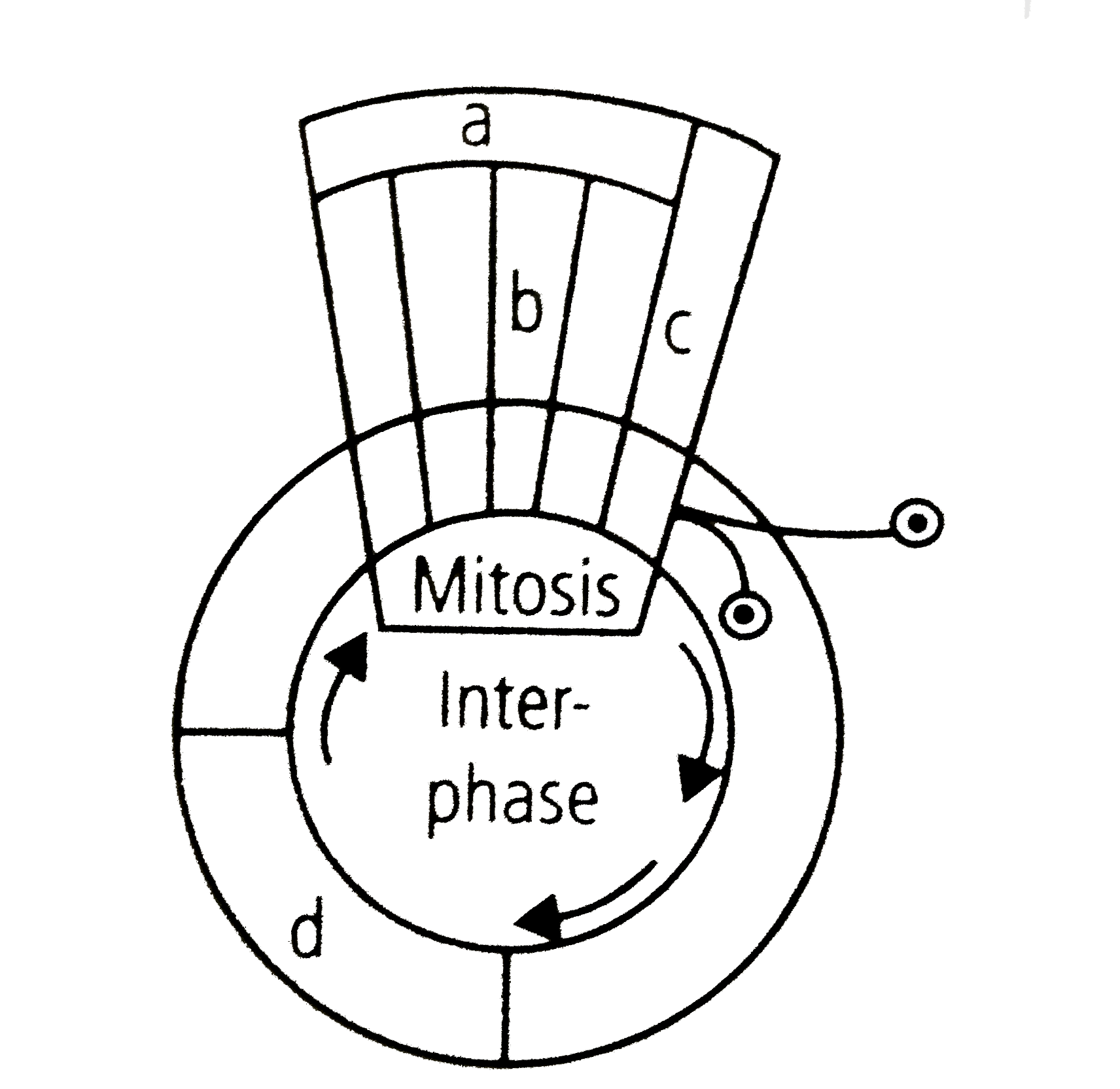 Aa' represents karyokinesis which is the division of cytoplasm.Bb' is telophase which is just reverse of prophase.Cc' is the best phase to count total number of chromosomes in any species.Din 'd' stage, replication of DNA takes place on the template of the existing DNA.
Aa' represents karyokinesis which is the division of cytoplasm.Bb' is telophase which is just reverse of prophase.Cc' is the best phase to count total number of chromosomes in any species.Din 'd' stage, replication of DNA takes place on the template of the existing DNA.Select the correct option(s)
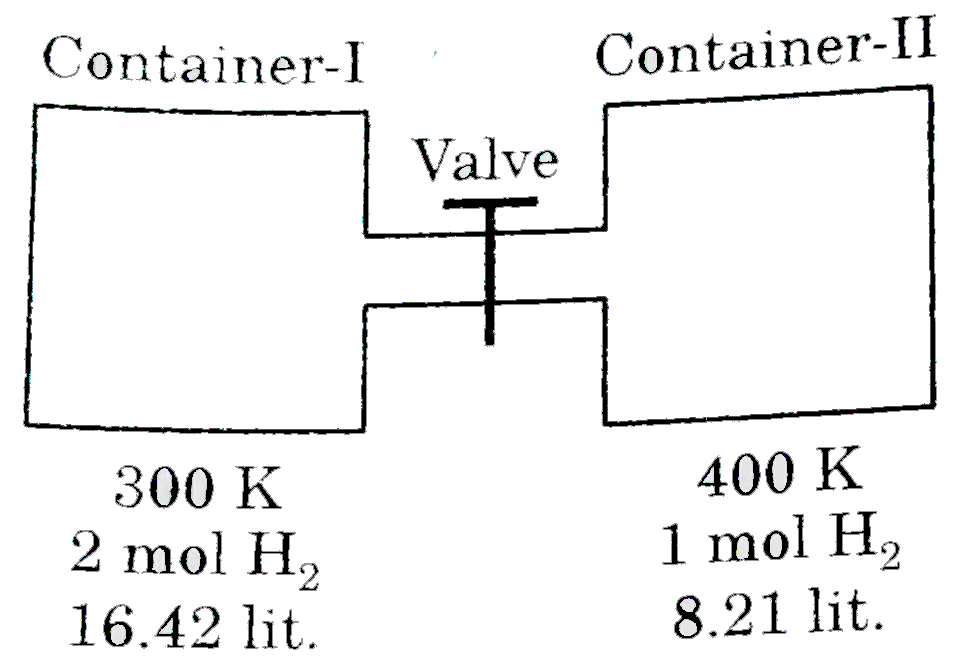 APressure in container-I is 3 atm before opening the valve.BPressure after opening the valve is 3.57 atm.CMoles in each compartment are same after opening the valve.DPressure in each compartment are same after opening the valve.
APressure in container-I is 3 atm before opening the valve.BPressure after opening the valve is 3.57 atm.CMoles in each compartment are same after opening the valve.DPressure in each compartment are same after opening the valve.Select the correct option regarding sectional view of cochlea
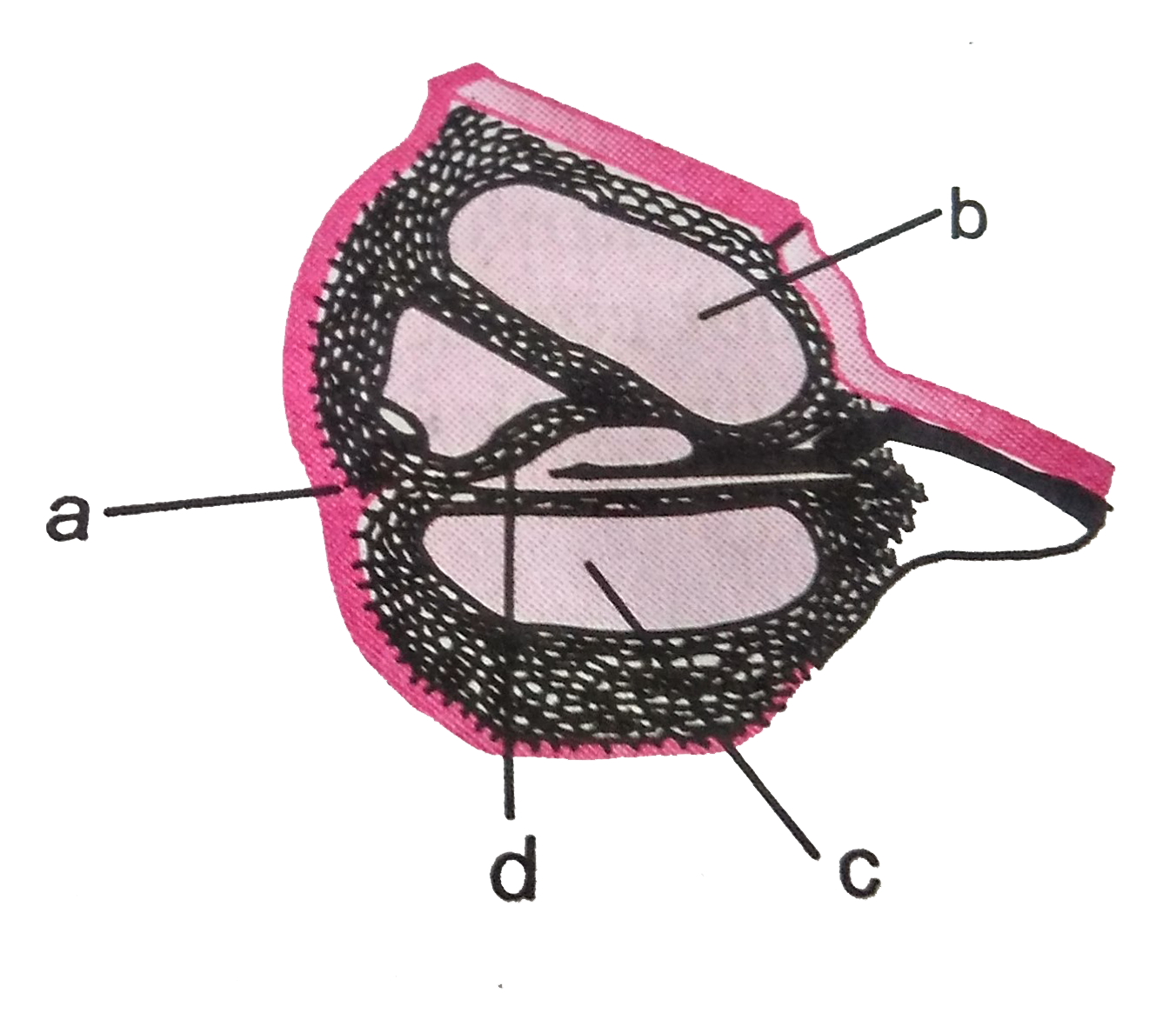 Aa-organ of corti-responsible for maintenance of balance of body and postureBb-scala vestibuli-filled with perilymph that endsat the oval windowCc-scala tym pani -terminates at the round window which opens into the middle earDd-basilar membrane-nerve impulses are generated against it .
Aa-organ of corti-responsible for maintenance of balance of body and postureBb-scala vestibuli-filled with perilymph that endsat the oval windowCc-scala tym pani -terminates at the round window which opens into the middle earDd-basilar membrane-nerve impulses are generated against it .
Choose the correct option regarding collision.
View Solution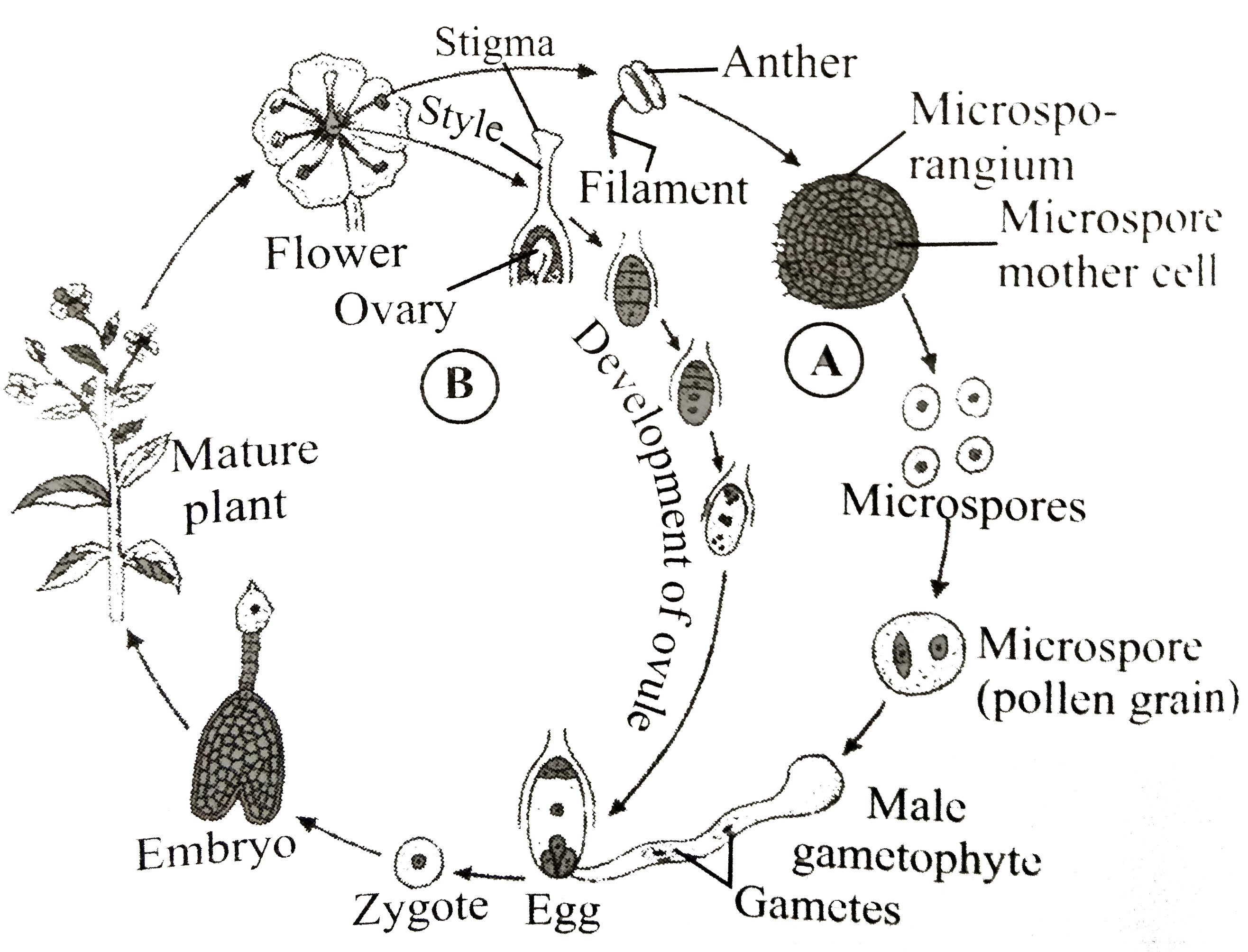
The given figure shows to phases, A and B of a typical angiospermic life cycle. Select the correct option regarding it.
View SolutionRefer to the given flow chart and select the correct option regarding it.
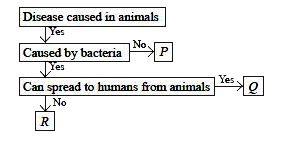
View SolutionRefer to the given figure and select the correct option regarding this.
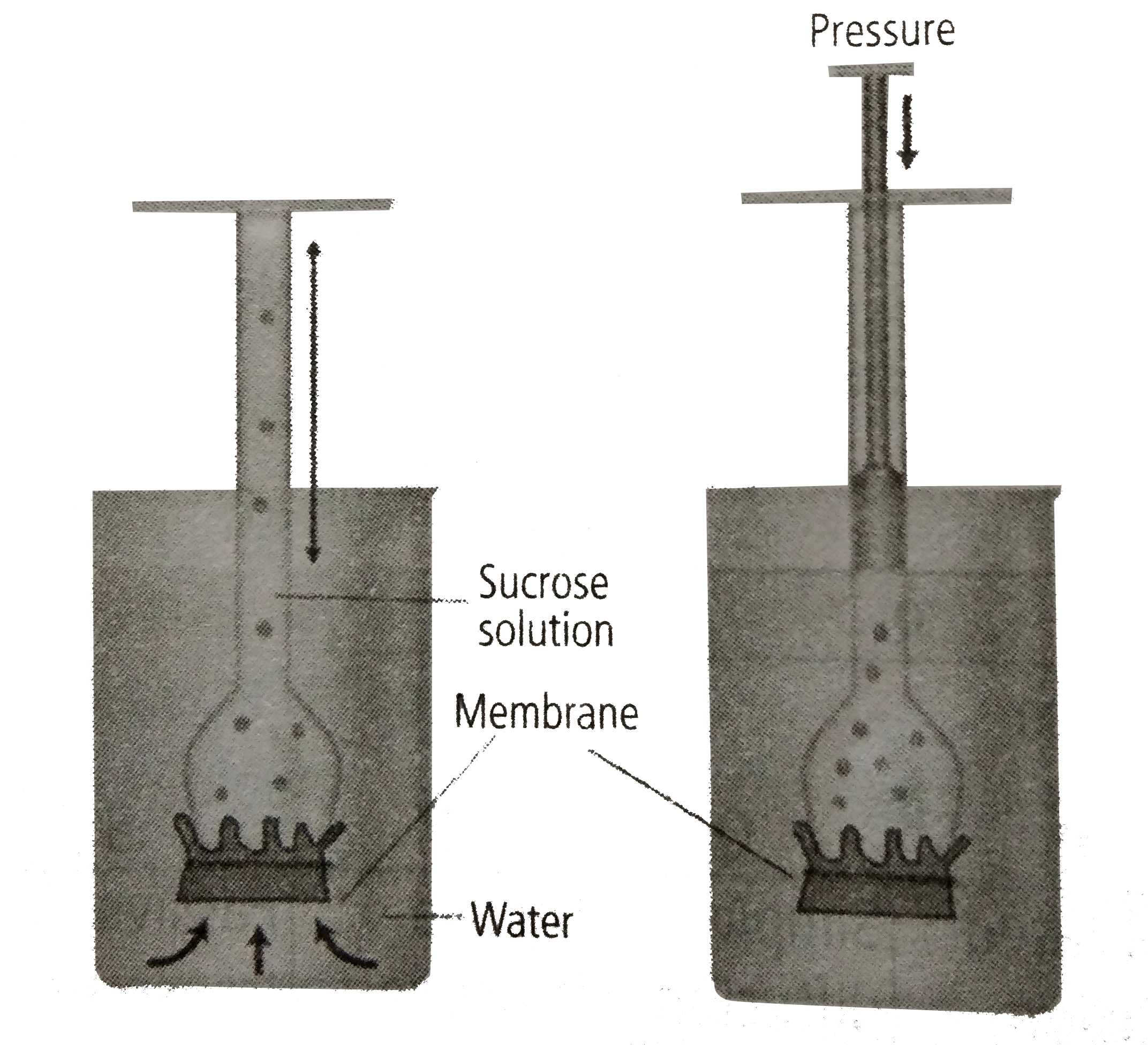
View SolutionRefer to the given figure and select the correct option regarding it.
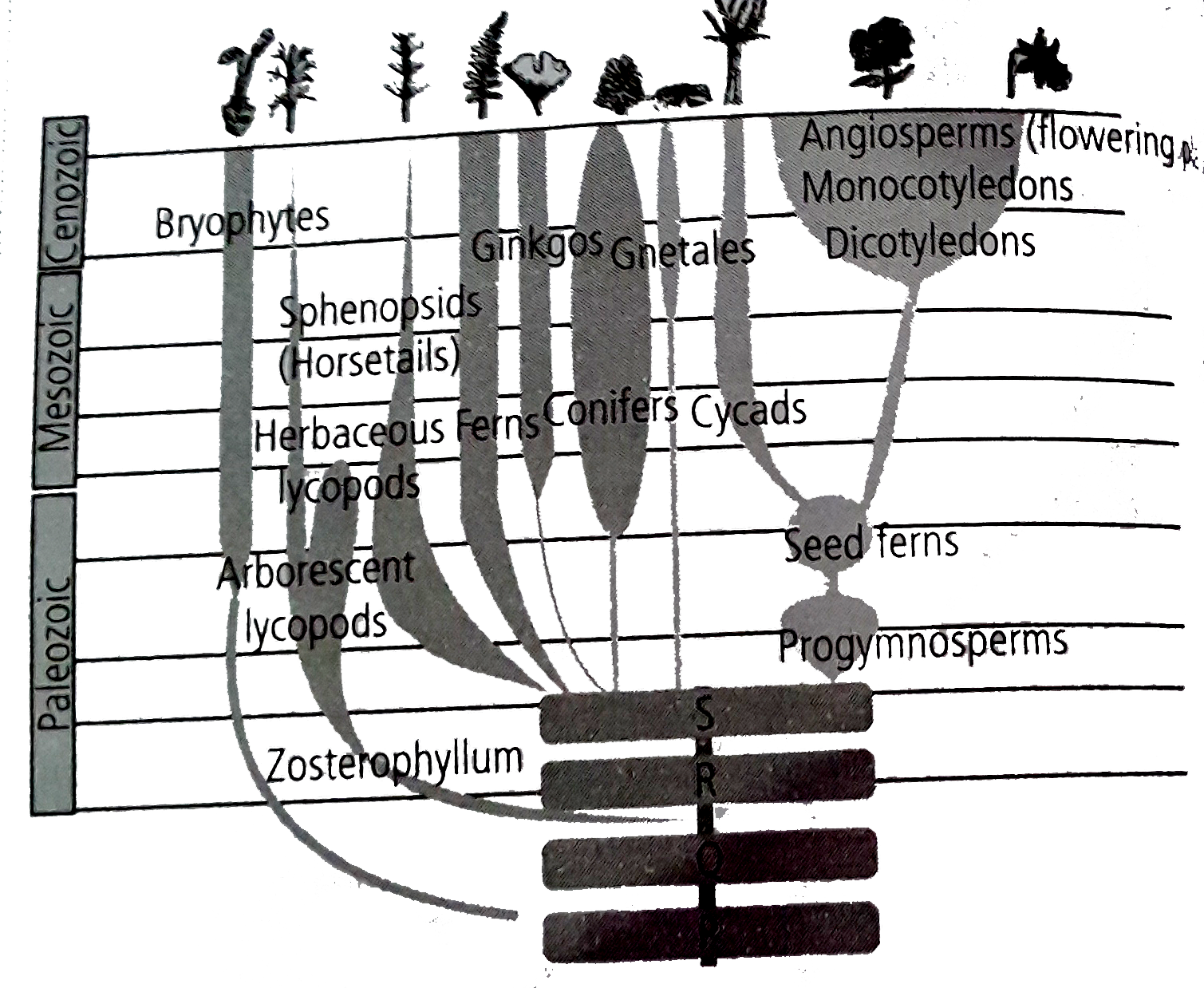
View Solution

